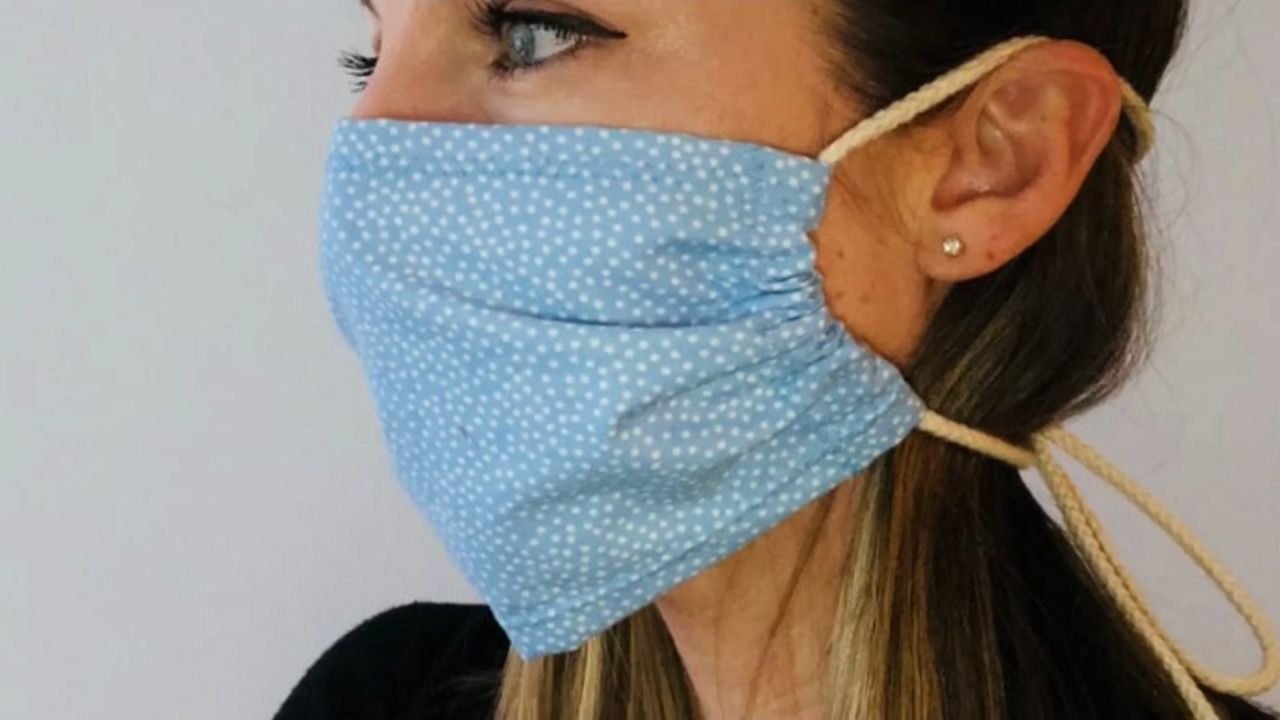State governments would receive a combined $500 billion in federal aid to provide direct relief from the economic toll of the coronavirus pandemic under legislation that's gaining bipartisan ground in Congress.
The federal aid is key for New York as the state's finances are groaning under the effect of evaporated tax revenue. Local governments have started the process of budget cuts and layoffs of municipal workers.
The National Governors Association, a bipartisan group, has pegged the need for states at around $500 billion. State governments have largely coordinated the local-level response to the pandemic and are managing the tentative economic reopening.
The bill would allocate the funding based on need, with $16 billion set aside for Natiive American tribal governments.
The rest of the funding would be divided equally by population size, infection rates and lost revenue.
New York is one of the hardest hit states by the pandemic, and Governor Andrew Cuomo has said he wants $61 billion to plug a budget gap in the coming years.
Cuomo has said state-level cuts to schools and hospitals are possible if federal aid isn't approved. The state for now has resorted to borrowing and some cost-trimming, like delaying pay raises for thousands of state workers.
There's no guarantee the money will be approved. Some Republicans, including Senate Majority Leader Mitch McConnell, have been skeptical of direct relief for states. McConnell, to derision, raised the possibility of states declaring bankruptcy.
Congress has approved three stimulus packages in recent weeks in order to offset the financial crisis during the pandemic has millions of people have applied for unemployment and business shuttered to prevent the spread of the virus.
“Our North Country communities have been working diligently to address this public health crisis, and they need help,” Rep. Elise Stefanik said. “I have spoken with local elected officials from across the district, many of whom have faced severe revenue shortages as a result of the shutdown. The SMART Fund will provide direct, flexible assistance to our local governments and municipalities to help them get back on their feet. I will continue to work with my colleagues in a bipartisan fashion in order to ensure that our communities continue to receive critical support throughout this crisis and beyond.”


